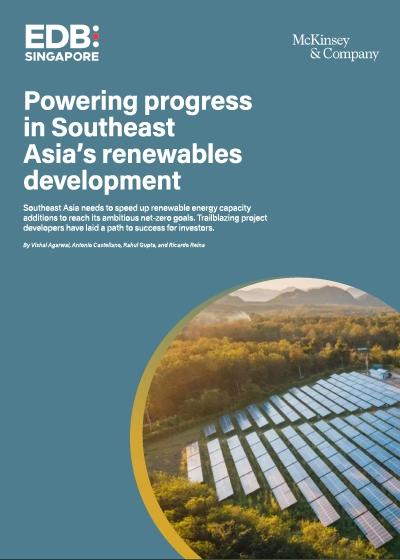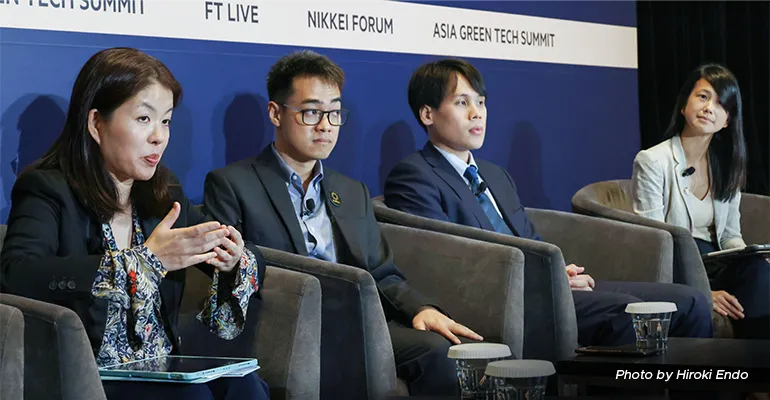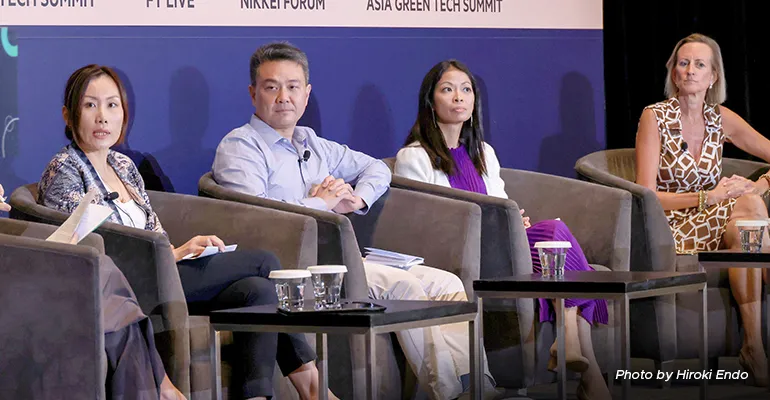Funding constraints aside, summit participants identified promising areas where new green tech could prove valuable in the fight against climate change, one of which is hydrogen produced through renewable resources.
As part of the energy transition, countries and businesses have been seeking to tap into hydrogen as a potential alternative form of energy. Japan was among the first to draw up a national strategy for hydrogen, while Singapore is also betting on it as one of its main future energy sources to achieve its net-zero goals by 2050.
Akira Yabumoto, executive senior advisor with Japan's Electric Power Development, known as J-Power, said hydrogen has a "critical role" for his company to transition from use of fossil fuel. As part of its green push, the company is developing project in Australia for coal-to-hydrogen with carbon capture and storage, linking it to Japan in order to build a hydrogen supply chain.
J-Power, a big Japanese power generator with many coal-fired power plants and hydroelectric facilities, aims to cut its carbon emissions by 46% by 2030 from 2013 levels. "The biggest challenge is how we can transform our existing business [and shift] from fossil fuel," Yabumoto said.
Summit participants were optimistic about green tech's potential to help Asia decarbonize, although high adoption costs are a barrier. Despite this, Trishna Nagrani, a business development executive at Climeworks, which offers solutions to remove carbon dioxide from the air, believes economies of scale can eventually be reached to lower costs for such innovations.
"We do need technological breakthroughs," she said. "Once you start achieving more economies of scale, we can start seeing that cost coming down."












